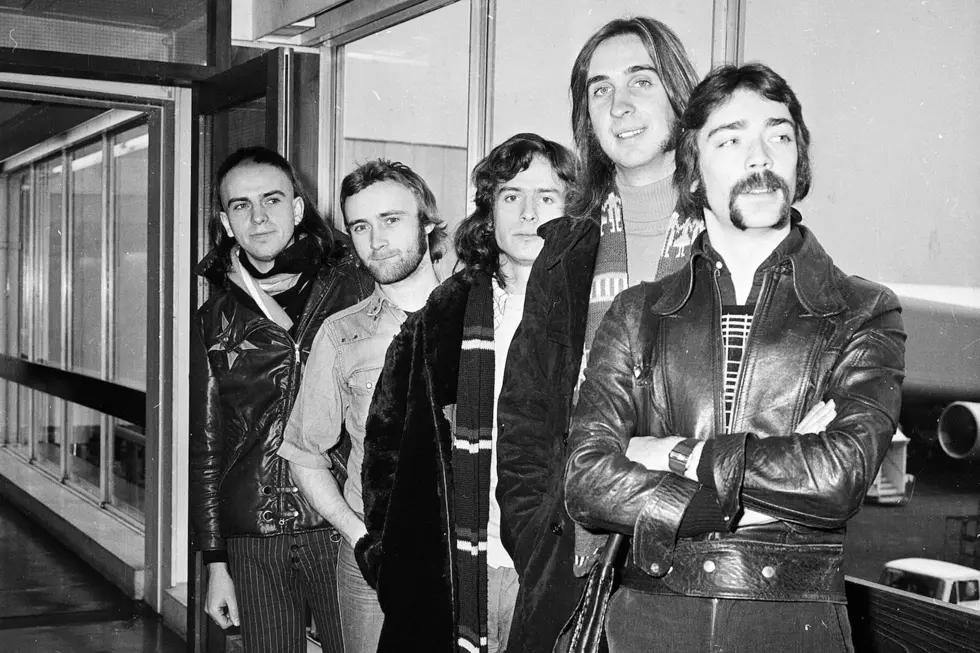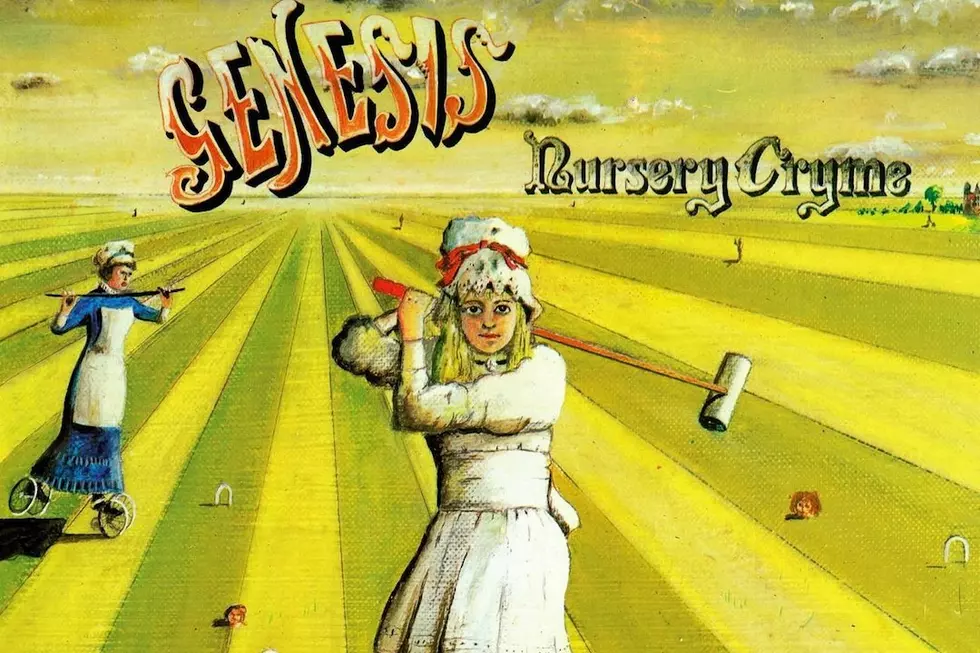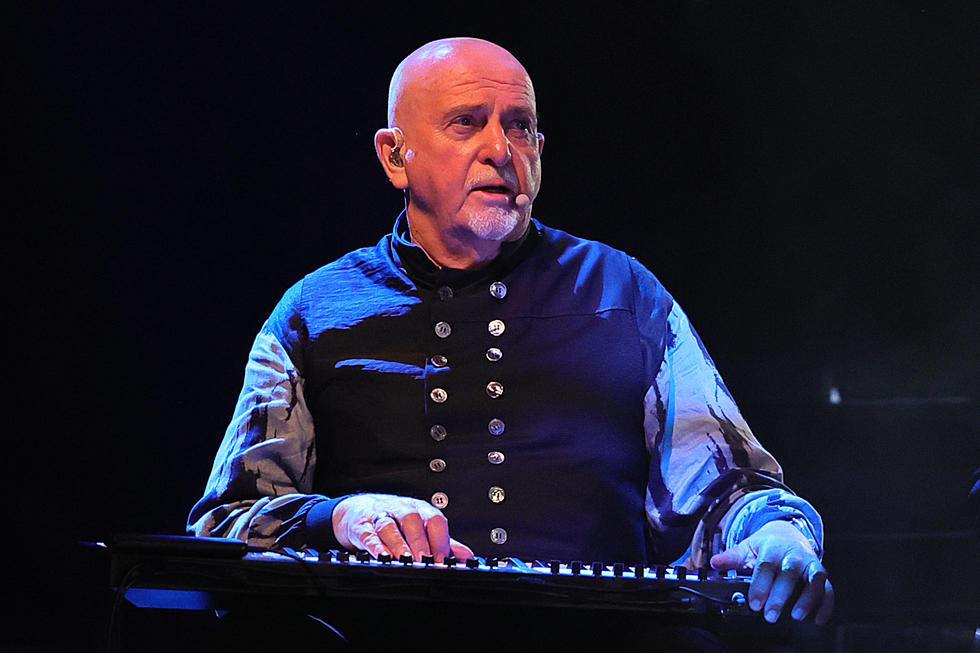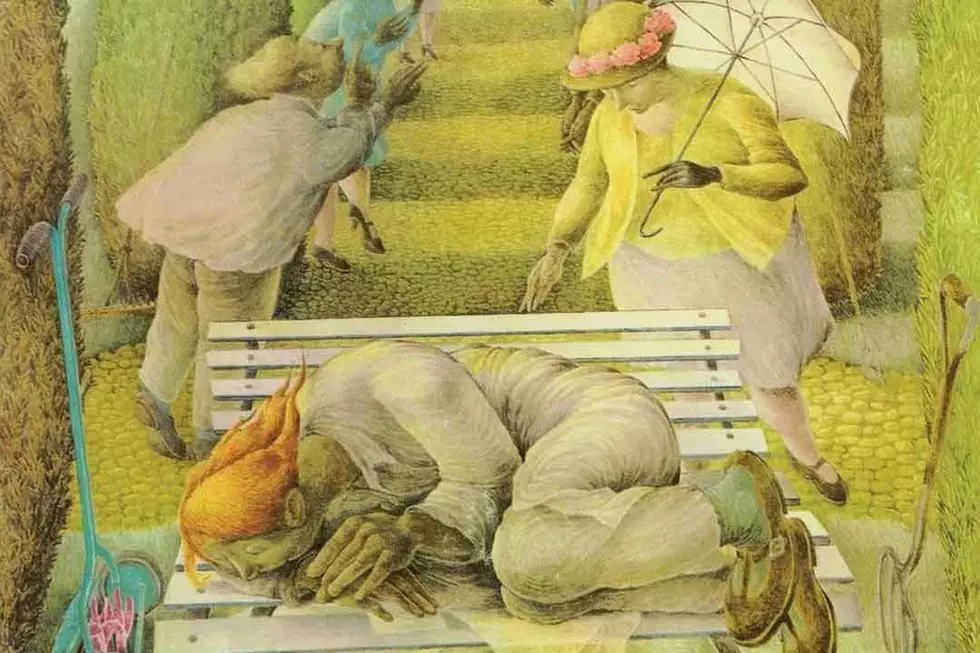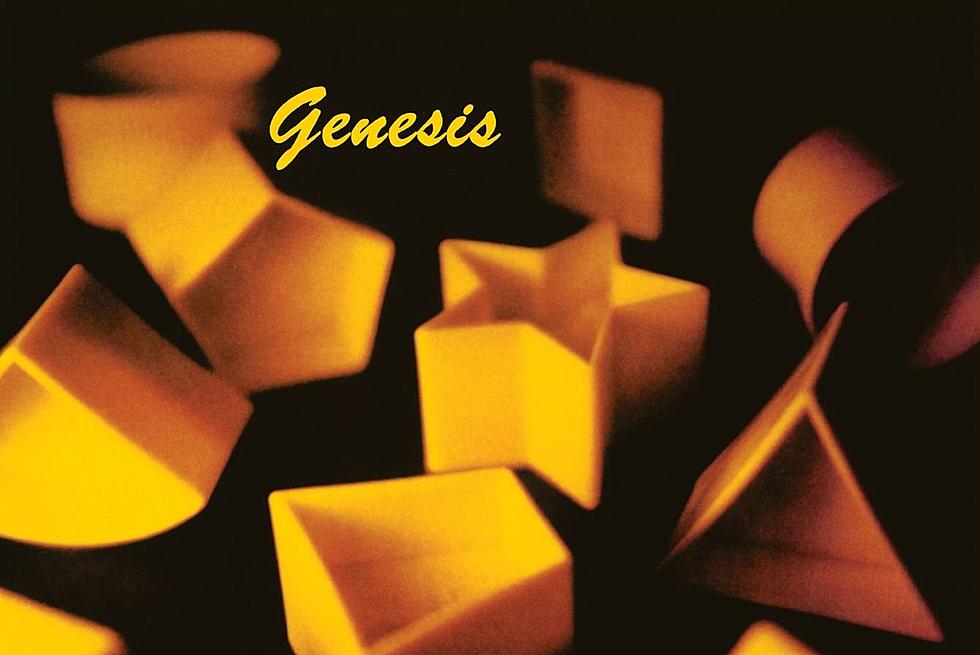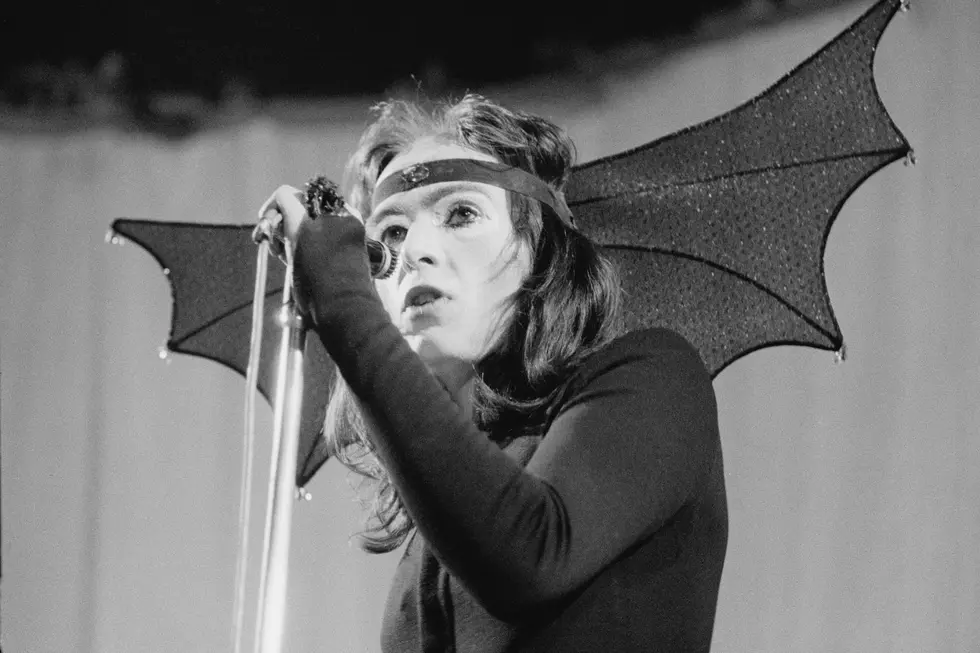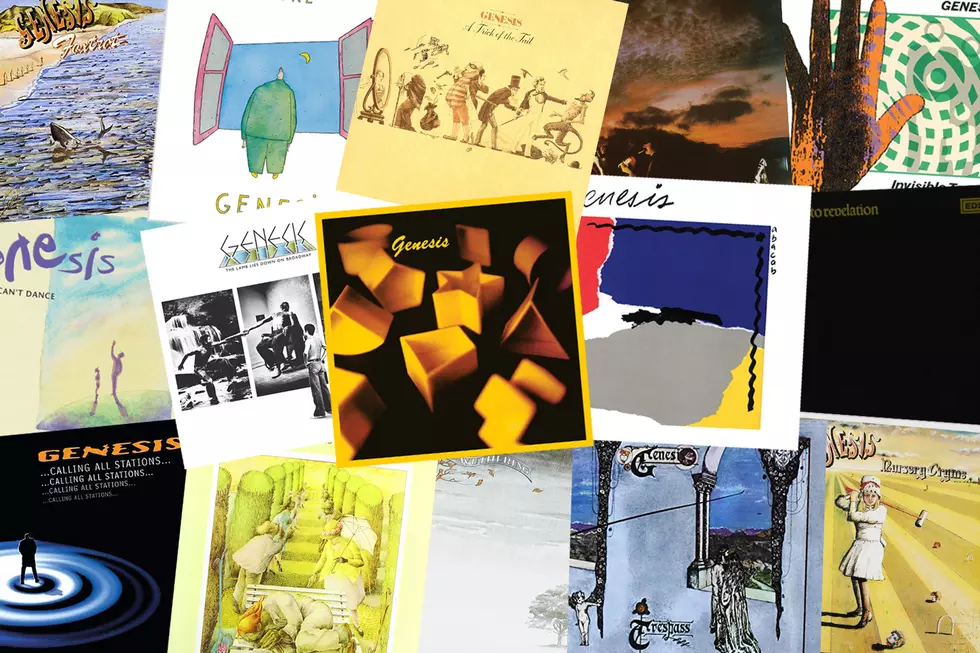
There Won’t Be a Supergroup Featuring Genesis’ Tony Banks: Exclusive Interview
Tony Banks has been surrounded by a slew of well-known collaborators, first in Genesis and then in Bankstatement and Strictly Inc. These days, however, he prefers to go it alone.
That doesn't mean Banks is focused on solo piano. Five, his latest classical-themed excursion, finds him working with arranger Nick Ingman, the Czech National Symphony Orchestra and producer Nick Davis. In this exclusive interview, he explains why he has no plans to form or join the kind of all-star lineups he's been a part of in the past, having worked with Peter Gabriel, Phil Collins, Gong's Steve Hillage (Bankstatement), Jack Hues of Wang Chung (Strictly Inc.) and Marillion's Fish.
Banks also discusses the loss of a series of progressive rock's biggest stars, his approach to performing on stage, and why fellow Genesis co-founder Mike Rutherford always makes the introductions.
Your former bandmate Steve Hackett (in our recent interview) talked about all the bands he was almost in. He mentioned potential projects with John Wetton and Keith Emerson, both of which fell apart before they got off the ground. Were you ever approached to do any other kind of supergroup-style bands like that?
I've never been a collaborator, and I don't move around quite as much. Steve did more of that, in a way. I've never been particularly interested. I don't tend to have people who I really want to play with or do that with. It always comes back to the writing with me. There are a lot of great players out there – a lot of guitarists, who would be great: the [Eric] Claptons and the [Jeff] Becks and the Brian Mays, and all that. It's whatever you think works for you. If I'd ever been asked, I don't think I'd have ever been involved with a band of that kind – the kind of supergroup band has always been a little off-putting. I do remember something about when Keith Emerson was perhaps looking to get ELP off the ground again with different personnel. Some people love to go around and play with lots of different people, and they produce a lot of great results. I'm not a versatile musician; I'm not a person who can adapt to any situation. It took me a long time to get unselfconscious just playing with the Genesis people. To go through it all again I'd find quite tricky, I think.
I know you were a great admirer of Keith Emerson, who died a couple years ago. John Wetton, Greg Lake, so many of the prog-rock legends have died in the last few years. Were you friends with many of these guys?
No, I only met Keith once – and that was at the Prog Rock Awards the very first time, when Rick Wakeman got the Prog God award [in 2012]. I talked to him quite a while about other things and then at the end, when I was saying goodbye to him, I said, "You'll always be Prog God to me." I was always much keener on the Nice than ELP, I have to be honest. I feel ELP went way over the top. But the Nice was just fantastic, and Keith was really the focus of that band, I suppose. They were at their best when they still had David O'List in the band on guitar: It's that other focus, not always the keyboards. I think perhaps ELP suffered a bit from that, not having the other options in the same way the Nice did – but Keith was great. I didn't really know anybody in this business other than the people I've played with. I keep in touch with Bill Bruford, and one or two others, but most of the time I've never met these people. I met John Wetton once, Jon Anderson a couple times, Chris Squire once. Really, just at gigs or some function or something. I don't tend to really mix in the world. Mike does, for example – he knows everybody. But everybody I've met, I've met through Mike.
Watch Tony Banks Perform 'Shortcut to Somewhere' With Fish
You've always undersold your ability as a performer. You're stoic up there, of course, but that's part of the charm – it's always helped balance out the more showman-like stage presence of Peter Gabriel or Phil Collins. There's something to be said for just going onstage and playing the parts.
Well, I think it's fine – it works in the context of the group. We always had a showman, and obviously a visual show. I'm not trying to be overly modest. It's just that you know your limitations; you know what your strengths are, in a way. I'm not a sort of Dave Brubeck type who wants to have a lot of people come under my wing. I'm more concerned with the writing part of it, I suppose.
You've said that writing for an orchestra allowed you to get a result closer to the more progressive material from early Genesis. You've recorded rock albums as a solo artist, but have you ever thought about putting together your own prog-rock band?
I haven't really contemplated it, actually. My ultimate would be to write and all the rest of it, without having to do the final part of being out there. The last thing I want to do really is have a Tony Banks Band. I kind of did all the solo albums and tried, at various times, to have other people come in to take away some of the focus. I had people like Fish and everything, but I couldn't get the focus off me at all, which I was desperate to do. Even on these [orchestral albums], I was desperate to get the focus off me. And on [2012's] Six [Pieces for Orchestra], I didn't even play at all, but I still couldn't get the focus off me. It's not my aim, really. I'd rather be a songwriter in the background – like a Burt Bacharach-type figure, writing and letting other people promote it and do the rest of it. In a group like Genesis, we had all the ingredients in one place. It meant that, as well as a writer, I had to be a player, which I was quite happy to be. But I had to be a performer as well, which I could get away with because I had people in the group like Phil and Peter, who could really perform. It's a funny place you end up in, really. I'm not looking to front anything at all. I think at my ripe old age, I don't really want to get involved in some new band. Mike carries on with Mike + the Mechanics, which is fantastic – but I couldn't do that.
Genesis Albums Ranked
More From Ultimate Classic Rock
